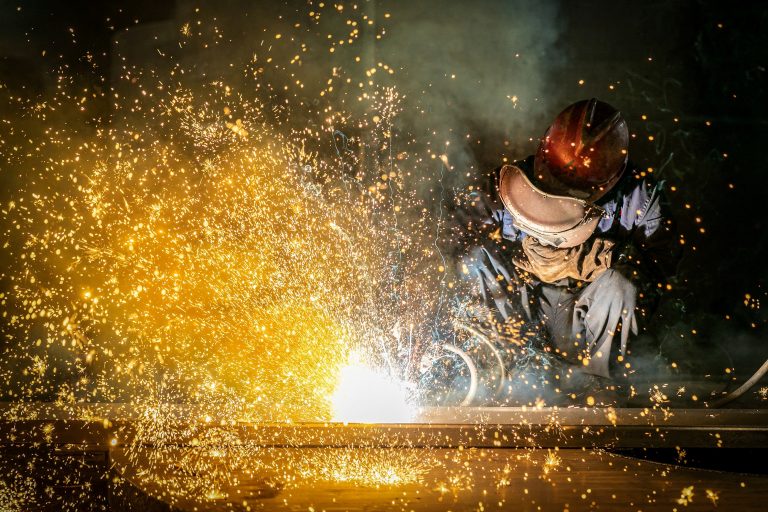China was said to have made a strong economic recovery following the damage unleashed by the COVID-19 pandemic however, the latest manufacturing data and a host of other issues ranging from severe power cuts and the threat of the Evergrande Group collapsing indicates that China’s growth prospects might not be as good as some have predicted.
The manufacturing purchasing managers’ index (PMI) for September fell to 49.6 from 50.1 in August according to data from the National Bureau of Statistics (NBS). PMI measures the sentiment among factory owners. This is the first time manufacturing PMI has dropped below the 50 level since February last year. A reading below 50 suggests sector contraction. The 49.6 figure is also lower than the expectations of analysts polled by Bloomberg and The Wall Street Journal.
“In September, due to the low sentiment of high energy-consuming industries, the manufacturing PMI fell to below the threshold. But looking from the sentiment perspective, among the 21 surveyed sectors, there were 12 above the threshold, two more than last month, and most manufacturing sectors expanded from last month,” Zhao Qinghe, a senior statistician from NBS, said in a statement. He insisted that enterprises are “optimistic” about the service market recovery.
However, the overall economic situation in China seems to be worse than what the authorities claim it to be, mostly due to two issues; a power crunch and the Evergrande debt situation.
Economic analysts have reevaluated their GDP growth expectations for China to a lower level. Goldman Sachs pointed out that there is “considerable uncertainty” in the market as it heads towards the fourth quarter, one of the main risks being Evergrande. Real estate company Evergrande has taken over $300 billion in liabilities and is now finding it unable to manage the pressure. If the company collapses, it will have massive consequences on the Chinese economy.
Success
You are now signed up for our newsletter
Success
Check your email to complete sign up
“We expect industrial profit growth to fall further in coming months amid a notable growth slowdown in H2 due to the recurring COVID-19 waves and Beijing’s zero-COVID strategy, likely slowing exports, and Beijing’s enforcement of property sector tightening and green measures,” Nomura said in a note.
The power crisis also has a serious impact on businesses as manufacturers have been asked to shut down operations during peak times and even on specific days by local authorities. This has interfered in production activities, causing raw materials to be wasted, orders to be delayed or canceled, and has introduced factors that are disrupting the supply chain.
The power crunch is largely the result of a shortage of coal and Beijing limiting electricity consumption among industries to meet its carbon emission targets.
Over half of all Chinese provinces have failed to meet the government’s energy consumption targets for the first six months of the year. Several localities in economic powerhouses like Zhejiang, Guangdong, and Jiangsu have restricted power usage for factories.
Such limits on electricity use are expected to last through the end of the year, meaning that industrial output will likely remain dampened over the coming months.
According to analysts at Morgan Stanley, if the power crunch continues out to year-end, the resulting decrease in production could dampen China’s GDP growth for the fourth quarter by roughly 1 percent.
China’s manufacturing disruption will have a negative effect on the global economy as well. In an interview with The Wall Street Journal (WSJ), Mike Beckham, Oklahoma-based co-founder and CEO of Simple Modern which makes products such as insulated water bottles and backpacks, said that his suppliers in China have already complained about reduced production due to government regulations.
Beckham predicts retail prices for some products in America to rise by up to 15 percent by next spring. “There’ll be a cascading effect… As we [start] to comprehend the ramifications of what’s happening, [we’ve] realized that this is potentially bigger than anything we’ve seen in our business careers,” he told the WSJ.














